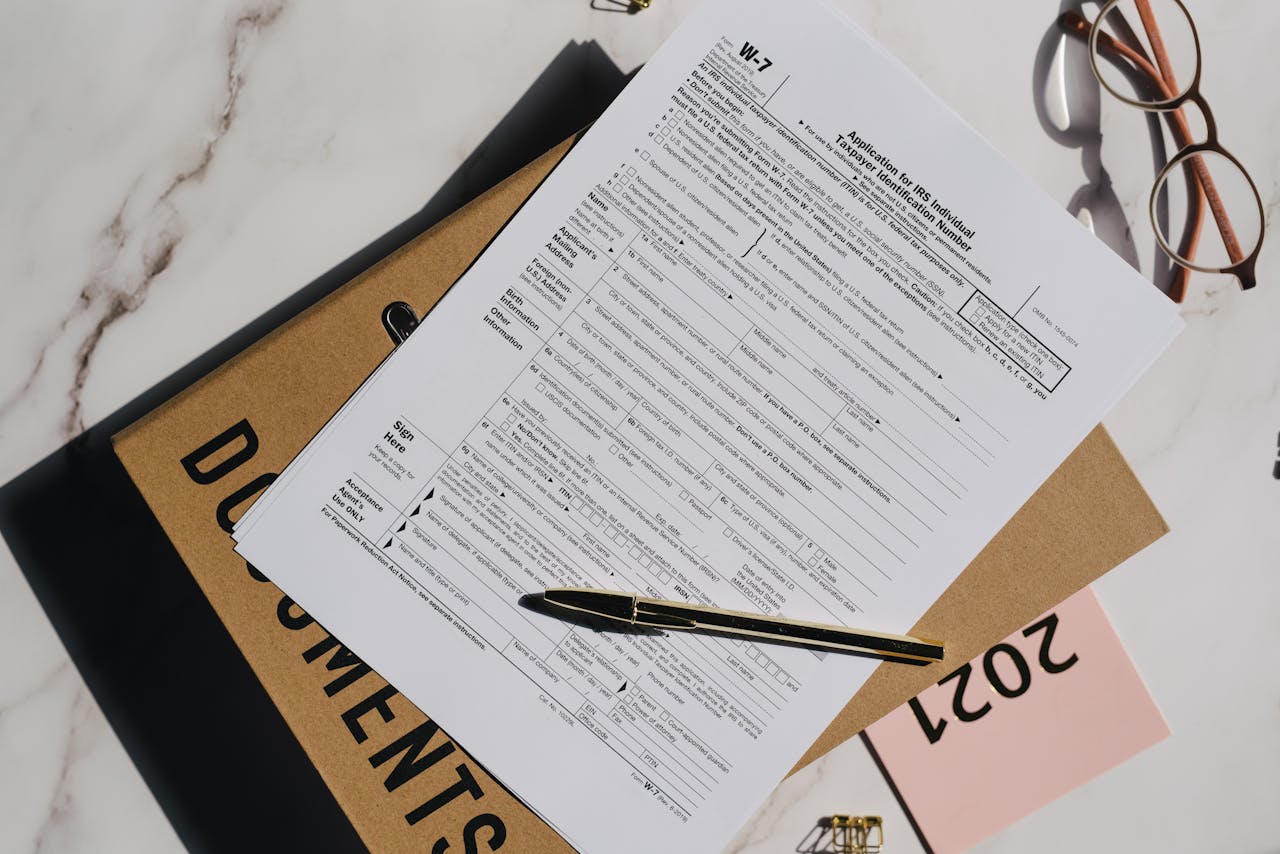As the tax deadline approaches, many taxpayers rush to file their returns, leading to common mistakes that can delay refunds or even trigger IRS scrutiny. To help you file accurately and on time, here are some of the most frequent tax filing mistakes and how to avoid them.
1. Missing the Tax Deadline & Extensions
The IRS tax deadline for most filers is April 15, 2025. If you’re not ready to file by then, you can request an extension using Form 4868, which gives you until October 15, 2025 to submit your return. However, an extension only applies to filing—not to paying taxes owed—so if you owe money, be sure to make an estimated payment to avoid penalties and interest. Conveniently, you can also file an extension by selecting the online payment option and making an estimated payment, as long as you check the box that you are paying as part of filing an extension.
Filing an extension is a good insurance policy against time getting away from you toward the end of tax season.
2. Incorrect or Missing Information
Simple mistakes like misspelled names, incorrect Social Security numbers, or wrong bank account details for direct deposit can lead to processing delays. Before submitting your return, double-check all personal details to ensure accuracy.
3. Overlooking Valuable Deductions & Credits
Many taxpayers miss out on tax breaks they’re eligible for, which can reduce tax liability or increase refunds. Some commonly overlooked deductions and credits include:
- Earned Income Tax Credit (EITC) – A credit for low-to-moderate-income earners.
- Child Tax Credit – A benefit for families with qualifying children.
- Education Credits – The American Opportunity Credit and Lifetime Learning Credit can help cover education expenses.
- Student Loan Interest Deduction – You may deduct up to $2,500 of interest paid on student loans (depending on your income).
- Home Energy Tax Credits – If you make energy improvements to your home, tax credits are available for a portion of qualifying expenses. Sometimes these can be for big expenses (like solar panels), but often smaller repairs you may not think about can qualify (like replacing a water heater).
If you’re using software or working with a tax professional, many of these things can be covered automatically – but make sure you’re providing as much information as possible (for example, if we don’t know you have student loans, we may not ask about student loan interest).
4. Not Reporting All Income
If you worked multiple jobs, did freelance work, or earned money through gig economy jobs (Uber, DoorDash, etc.), ensure you report all sources of income. The IRS receives copies of 1099 forms from companies you worked for, so failing to report income could result in penalties. Similarly, if you received a 1099-K, you need to report that – even if tax is not owed on that. Learn more about the 1099-K here: What’s This New 1099-K I Got?
Also remember, even income you receive that is not supported by a tax form is required to be reported – regardless of the amount in most cases.
5. Choosing the Wrong Filing Status
Your filing status affects your tax liability, deductions, and credits. One common misconception spreading on social media is that filing Head of Household is a way to maximize tax benefits, even for single individuals. However, this status is meant for specific situations, such as supporting a dependent. If you file incorrectly, you may face penalties or delays in processing. If you’re unsure which status to select, use the IRS Interactive Tax Assistant tool for guidance to ensure you’re filing correctly.
6. Ignoring State Tax Returns
If you live in a state with an income tax (like Minnesota), don’t forget to file a state tax return. Each state has its own rules, deadlines, and deductions, so be sure to check your state’s tax website for specific filing requirements. Whether you’re using a paid preparer or software, adding a state is usually a small additional cost.
7. Forgetting to Review Before Submitting
Rushing through your return can lead to simple errors that result in IRS notices or processing delays. If you realize after filing that something was missed—such as a late-arriving tax document—you may need to file an amended return using Form 1040-X. Before submitting your return:
- Review all numbers carefully
- Ensure deductions and credits are applied correctly
- Check that bank account information and Social Security Numbers again!
Don’t forget to sign your return either! If you’re using software or a paid preparer, you may be signing electronically – if you’re filing on paper, you will need to sign the tax forms before mailing them in. Regardless of if it’s electronic or a wet signature, it’s indicating (under penalty of perjury!) that everything in the return is accurate and complete. If you don’t understand what’s going on in your return, don’t sign it until you do!
8. Not Keeping Copies of Your Return
Always keep a digital or printed copy of your tax return for at least three years. This is useful for:
- Future tax filings
- Applying for loans or mortgages
- Responding to IRS inquiries
Last year’s return is often required for next year’s filing – so be sure to hang on to it! Your software or preparer may retain copies as well, however you may need to pay additional to get a copy of that in the future (or worse yet, if they go out of business, there went your backup copy.)
Final Thoughts
Taking the time to avoid these common tax mistakes can save you stress, money, and potential IRS issues. If you need assistance filing your return or have questions about maximizing deductions and credits, JCT Tax Solutions is here to help! Visit our Contact page to get started today!



